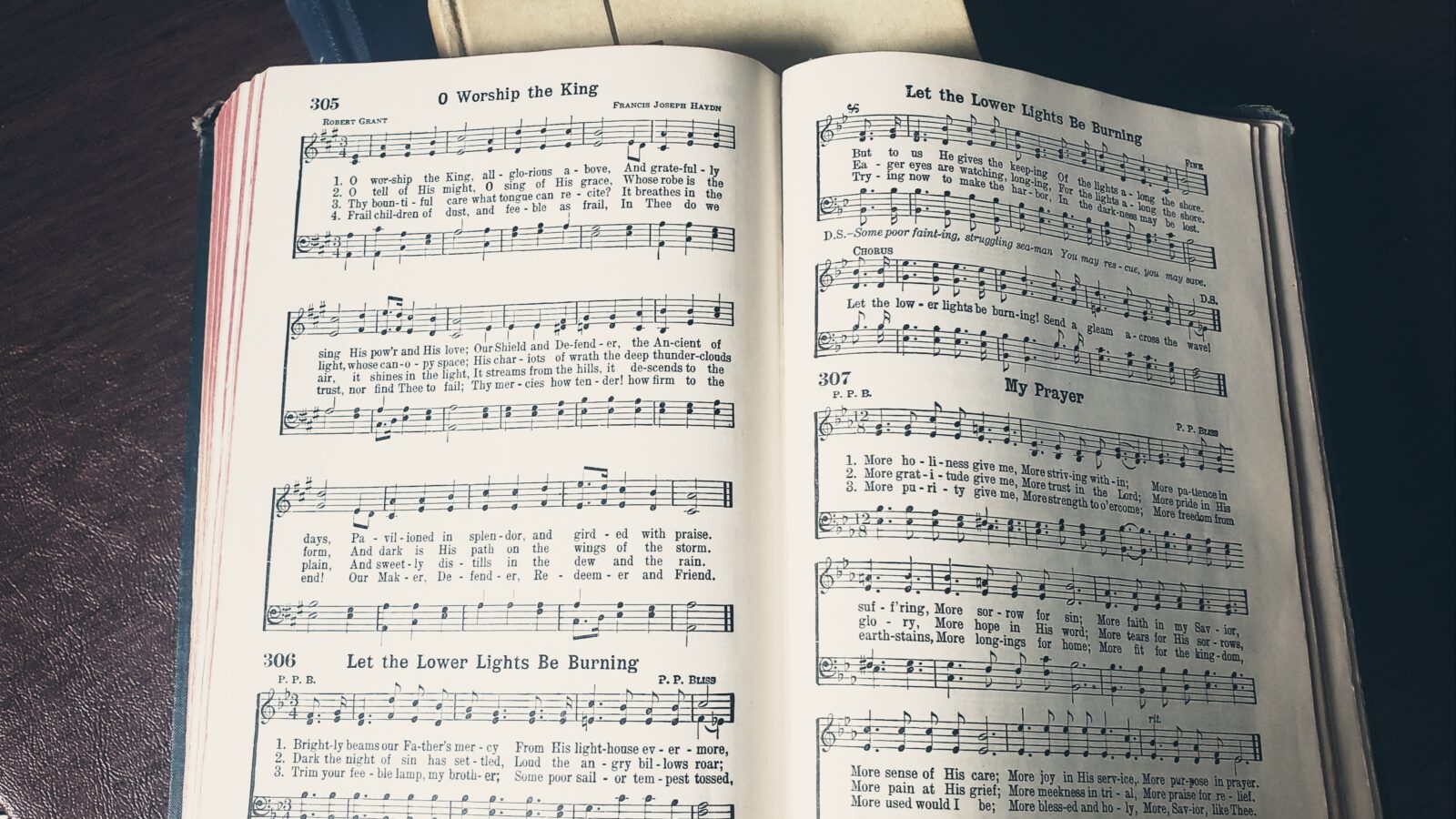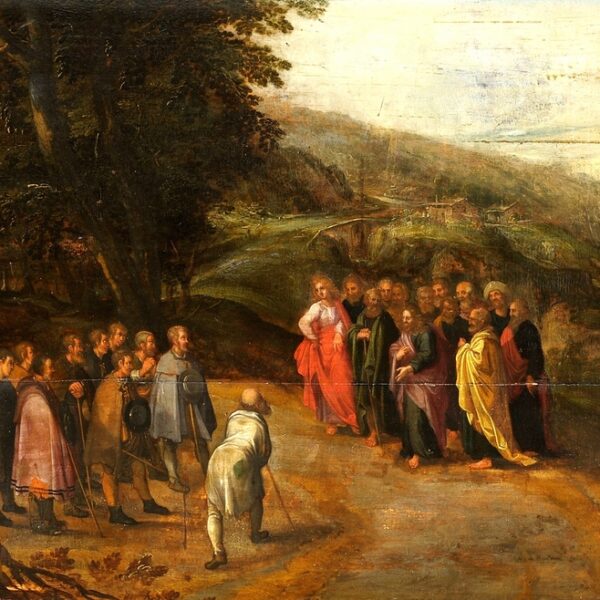Our rich inheritance: a plea to keep the “old” hymns

Was legalism really the sin of the Pharisees?
June 11, 2023
Revisiting the Quecreek Mine Miracle
July 28, 2023At the last of one of several hymn sings I recently attended, the leader called out, “Great to see some young people here!” Glancing around to locate the teens or young adults, I was amused at last to realize he meant me and my sister!
As flattering as it was to be lumped with the young folk, I couldn’t help but feel a bit sad that rich music often requires segregation: a dedicated service outside the bounds of regular church attendance, usually populated by the older generation; or, via division of congregations into traditional and contemporary meetings.
To forsake those classic hymns is to despise a vibrant inheritance that we’ve been given. Here are five reasons (the first one a bundle of three) to keep the music of yesteryear as a staple in the Body of Christ.
Three forms of Lost Literacy
The superior biblical, linguistic, and musical literacy of previous generations offered proficiency in the scriptures, language itself, and musical fluency. (In the United States, literacy across the board has been in steady decline for at least a half a century. It is reported by the U.S. Department of Education that 54% of adults living in the United States presently read below a sixth grade level)*
I don’t wish to go down the rabbit hole of some of the questionable theology in today’s songwriting. But an example of biblical literacy is highlighted by a pastor I recently heard, who referenced the passage of Jesus cursing the fig tree in Mark 11:12-21. He shrugged, “I don’t know why Jesus did that. Maybe he was having a bad day,” and moved on to his talking point.
A quick study of a commentary should provide insight into what another generation readily understood, as through the hymn “Nothing But Leaves”, written by Lucy Akerman, 1858:
“Nothing but leaves! The Spirit grieves
O’er years of wasted life;
O’er sins indulged while conscience slept,
O’er vows and promises unkept”
Indeed, all four verses of this hymn not only underscore what Jesus understood of the fig tree, that it was ornamental only and would not bear fruit, but Akerman’s haunting words are deeply convicting.
Many hymns were written by people who had a deep faith, a tested walk with the Lord, and a reverence and awe of Him. Indeed, researching the back stories of many of these hymns, one often finds they were penned out of deep tribulation but also great revelation of God’s glory.
Hymns are poetry. Wordsmiths extolled the attributes of God with metaphor and pentameter. Those acrobats of the English language that could move so freely and easily in turn of phrase crafted vivid imagery:
“Could we with ink the oceans fill
And every man a scribe by trade
To write the love of God above
Would drain the oceans dry
Nor could the scroll contain the whole
Tho’ stretched from sky to sky.”+
Musical artistry is nuanced in the hymns. A friend of mine who grew up in one of the main line denominations explained recently how she learned to sing four-part harmony through the hymns, and lamented how the nuance of texture in music is all but lost in today’s monophonic synth.
Indeed, we were tangibly joining angelic choirs in one service, singing the chorus of “All hail the power of Jesus’ name,” as I heard the gentleman behind me harmonize down to the basement with his bass on “Crown Him! Crown Him!” while the woman in front of me simultaneously climbed to the vaulted rafters in the melody with her soprano.
Hymns connect us to our history
Jesus Christ is the same yesterday, today, and forever. This truth is reinforced when we reflect on words penned centuries ago. We realize those pilgrims before us faced their own struggles and now we stand on their shoulders. From their hands we grabbed the torch and bring heaven to earth in the closing of the age.
The enduring hymns are Christocentric.
When Christ is lifted up, He will draw all men unto himself.
An instant change in the atmosphere is discernible every time we go from singing about Him, as opposed to when we sing about ourselves, a trend in Christian pop music. There is much emphasis on our failures (a polite word for sin) in today’s lyrics. Like the Israelites wandering in the desert, I sometimes wonder, “Are we still here, circling this same place?”
The manifest presence of God is poignant when He is lifted up. Joy and peace abound. Conviction comes. Direction is given.
The baby and the bathwater
In all this, there is nevertheless some wonderful and powerful modern music. To churches who only sing the music of yesteryear, or who refuse all music but the Psalms a capella, scripture does exhort us to “sing to the Lord a new song”, and to encourage one another with spiritual songs along with hymns (Colossians 3:16, Ephesians 5:19). There is nothing like a spontaneous melody pouring forth prophetically, often at the end of a particularly poignant time of organized worship.
Yet let us not forsake our rich inheritance left to us by our forefathers: the artistry, history, biblical insight, and conviction gifted us a high standard in these wonderful old hymns.
*https://www.forbes.com/sites/michaeltnietzel/2020/09/09/low-literacy-levels-among-us-adults-could-be-costing-the-economy-22-trillion-a-year/?sh=2ece63ef4c90
+“The Love of God”, words by Frederick M. Lehman, 1917





